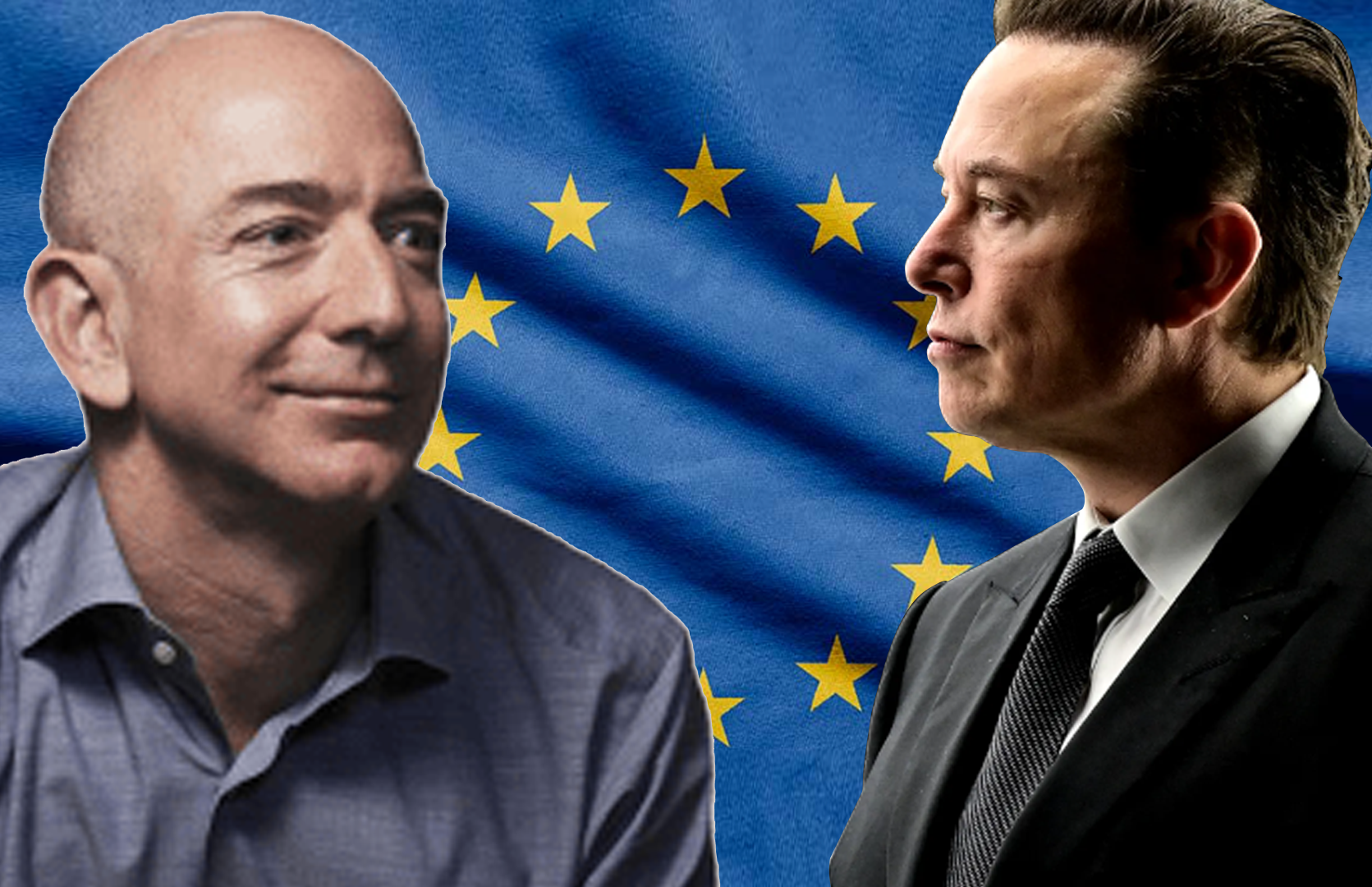
A new report on tax evasion Fiscal Observatory of the European Union (EU) has proposed to the nations of the world the application of a minimum global tax of 2% annually to large fortunes, which could raise up to US$250,000 million from a stratum that, to date, has managed to perpetuate mechanisms to avoid taxes through the creation of holding companies that dilute their income.
The report, presented this Monday in Paris, points out that billionaires can avoid income tax and pay only between 0% and 0.6% of their assets, thanks to legal loopholes that have allowed them to create shell companies to transfer assets to themselves. dividends from their own shares. To avoid this distortion, the application of this new global tax should fall on wealth, and not on income.
The average citizen in the EU, for example, pays between 20% and 50% annually. With this, the billionaires “would be operating at the limit of legality.” The report states that this evasion is consolidated when these shell companies establish themselves as owners of real estate to evade even more taxes.
Another case. It is estimated that the personal tax of billionaires in the United States is close to 0.5%, while it reaches almost zero in France, a country where the tax pressure is high. The Observatory questions that governments are moving towards a reactivation due to the global crisis with a subsidy plan that is not accompanied by a tax reform.
“To date no serious attempt has been made to address this situation, which risks undermining the social acceptability of existing tax systems,” the document states.
The tax revenues of more than US$250 billion indicated in the report take as the universe the 2,756 most famous billionaires in the world, whose combined assets exceed US$13 trillion.
The most important tax reform applied to the world’s billionaires will be proposed as one of the topics on the agenda for the next G20 summit in Brazil, to be held next November.
EU: Global minimum tax on multinationals of 15% failed
On the other hand, the EU warned that the agreement signed in 2021 between 140 countries (including the Peru) to impose a global minimum tax of 15% on multinationals that dilute their income in tax havens has been “weakened” by legal maneuvers along the way.
The agreement led by the Organization for Economic Cooperation and Development (OECD) sought to prevent the flight of up to US$240,000 million from companies that place their tax address in countries such as the Cayman Islands or Bermuda, with low or zero tax rates, but where they do not they operate.
Originally, the agreement was expected to raise almost 10% of global corporate tax revenue, but with the changes introduced, no more than 5% is expected.
A tax like the proposed 15% tax on multinationals would have raised about US$270 billion in 2023, a figure that now plummets to US$136 billion.
It has been a race against time on the part of the multinationals, since the OECD agreement has not yet come into effect. While the tax is being designed, legal loopholes have arisen, such as the provision of tax credits to carry out scientific research and invest in local factories, or the race among nations to grant exemptions for the use of green technologies. However, 2% will also be sought for billionaires.
“Something that many people thought would be impossible, we now know can actually be done. The next logical step is to apply this logic to billionaires, not just multinational corporations,” said Gabriel Zucman, economist and researcher at the Fiscal Observatory of The EU.
Source: Larepublica
Alia is a professional author and journalist, working at 247 news agency. She writes on various topics from economy news to general interest pieces, providing readers with relevant and informative content. With years of experience, she brings a unique perspective and in-depth analysis to her work.











